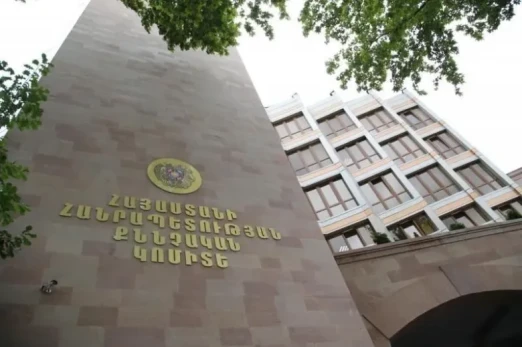Adults with gingivitis are more likely to show signs of damage to the brain's white matter, the area responsible for connecting brain regions. Scientists from the University of South Carolina came to this conclusion, whose study was published in the journal Neurology Open Access.
White matter consists of nerve fibers that transmit signals between different regions of the brain. Damage to it can impair memory, thinking, and coordination, as well as increase the risk of stroke. One of the signs of such damage is white matter hyperintensities, bright areas on MRI that indicate a disruption of the tissue structure.
1143 people aged approximately 77 years participated in the study. After a dental examination, 800 of the participants were diagnosed with gum disease. All participants underwent an MRI scan to assess the condition of the small vessels of the brain.
The average volume of white matter hyperintensity in people with gum disease was 2.83% of total brain volume, compared to 2.52% in people without gum disease. After adjusting for age, sex, blood pressure, diabetes and smoking, people with gum disease were 56% more likely to have significant white matter changes.
However, the researchers found no association between gingivitis and other signs of cerebrovascular disease, such as microbleeds and lacunar infarcts.
"Our data confirm that oral health may be closely related to brain health," said study author Professor Suvik Sen. "If future studies confirm this connection, treating gingivitis could become a way to prevent cerebrovascular disease."
Courtesy of Euromedia24.com


























